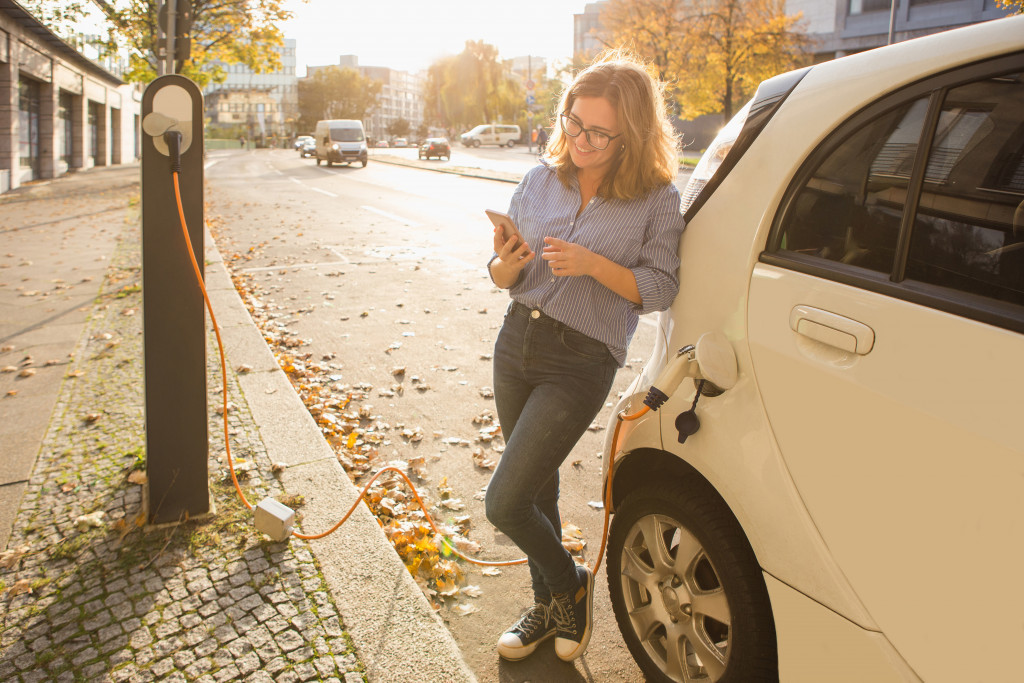Having a car would mean having many expenses, one of your most significant personal expenses. To manage all your personal finance, there are many ways to save big money on your car expenses. The more cost-saving measures you adopt earlier, the more you’ll save.
Here are 16 tips and strategies to save money on car expenses and keep your budget in check.
- 1. Buy a used car instead of a new one
- 2. Drive fewer miles
- 3. Proper Maintenance
- 4. Shop for the best insurance
- 5. Keep your car clean
- 6. Buy generic parts
- 7. Refinance your car loan
- 8. Negotiate
- 9. Look for discounts
- 10 Drive the speed limit
- 11. Calculate how much your car costs you each month
- 12. Write down all the expenses associated with your car
- 13. Compare your monthly car costs to your monthly income
- 14. Stick to a budget
- 15. Fuel Efficiency
- 16. Stay on a Budget
- Save money on your car expenses with these tips
1. Buy a used car instead of a new one
One way to save money on your car expenses is to buy a used car instead of a new one. Used vehicles can often be purchased for much less than their new counterparts, and they can still provide many years of reliable service. When shopping for a used car, inspect it by a qualified mechanic to ensure it is in good condition.
2. Drive fewer miles
Another way to save money on car expenses is to drive fewer miles. If you can carpool, ride a bike, or take public transportation for some of your trips, you can significantly reduce the amount of wear and tear on your vehicle and the amount of money you spend on gas.
3. Proper Maintenance
Make sure to keep up with regular maintenance tasks such as oil changes and tire rotations. These simple tasks can help extend the life of your vehicle and prevent more expensive repairs down the road.
4. Shop for the best insurance
Shopping around for car insurance can also save you money. Different insurers offer different rates, so it pays to compare prices and find the best deal. It can help you save money on your monthly premiums and give you peace of mind in knowing that you are properly protected in the event of an accident.
It can also help you avoid potential problems by ensuring that you are covered in the event of a mechanical issue or other unexpected expense. Shopping for the best insurance rates ensures you get the most value for money.
5. Keep your car clean
A dirty car can take away from the resale value. Keep your vehicle clean inside and out to maintain its appearance and maximize its resale value. Also, a clean car looks nicer and runs more efficiently. When your vehicle is full of dirt and debris, it has to work harder to run, which can lead to higher fuel costs.
If you go to a used car, you may encounter one with car decals. The good thing is that reusable car decals are easy to uninstall and clean.
6. Buy generic parts
When you need to make repairs, buy generic parts instead of brand-name ones. Generic parts are often just as high-quality as their more expensive counterparts, but they typically cost significantly less. Generic parts are often more widely available than their brand-name counterparts. This means you’re less likely to wait for a particular order to arrive before you can get your car repairs done.
7. Refinance your car loan
If you have a car loan, consider refinancing it to get a lower interest rate. By lowering your interest rate, you can save money on the total cost of your loan and reduce your monthly payments.
8. Negotiate
Next time you’re at the dealership, negotiate for a better price. Feel free to haggle and walk away if you are still waiting for the deal you want.
9. Look for discounts
Many insurers offer discounts for safe drivers or people taking defensive driving classes. Look around and see if you can find any deals that apply to you.
10 Drive the speed limit
Speeding is not only dangerous, but it can also be expensive. Not only will you have to pay any fines associated with speeding, but you’ll also be using more gas.
11. Calculate how much your car costs you each month

It’s essential to know how much your car costs you each month. Calculate the total cost of your monthly expenses, such as payments, insurance, gas, and maintenance.
12. Write down all the expenses associated with your car
Keeping track of your car expenses is essential. Write it down when you fill up with gas, get an oil change, or make any other expense associated with your car. This will help you stay on top of your budget and ensure you’re spending what you should be.
13. Compare your monthly car costs to your monthly income
Compare how much you spend on your car each month to how much you bring in. If your expenses exceed your income, it’s time to make some adjustments.
14. Stick to a budget
Make sure you’re always aware of how much money you spend on your car. Having a budget and keeping track of your expenses will help you stay on top of your finances and ensure you’re spending only what you can afford.
15. Fuel Efficiency
Consider switching to a more fuel-efficient car to save money on gas and other expenses. While initially, you may have to pay more for a fuel-efficient vehicle, you will save money on gas over time. Fuel-efficient cars are often more environmentally friendly, producing fewer emissions than their gas-guzzling counterparts. Switching to a fuel-efficient vehicle can help you save money and reduce your carbon footprint.
16. Stay on a Budget
Make sure you stay on a budget for your car expenses. Set realistic goals for yourself and stick to them. Remember to factor in taxes, registration fees, and insurance when budgeting your car expenses.
Save money on your car expenses with these tips
List down these tips to get the most value out of your car. Following these tips can save you a lot of money on your car expenses over time. Remember, the more money you save on your car expenses, the more you will have to spend on other things. Take control of your finances and start saving today.






